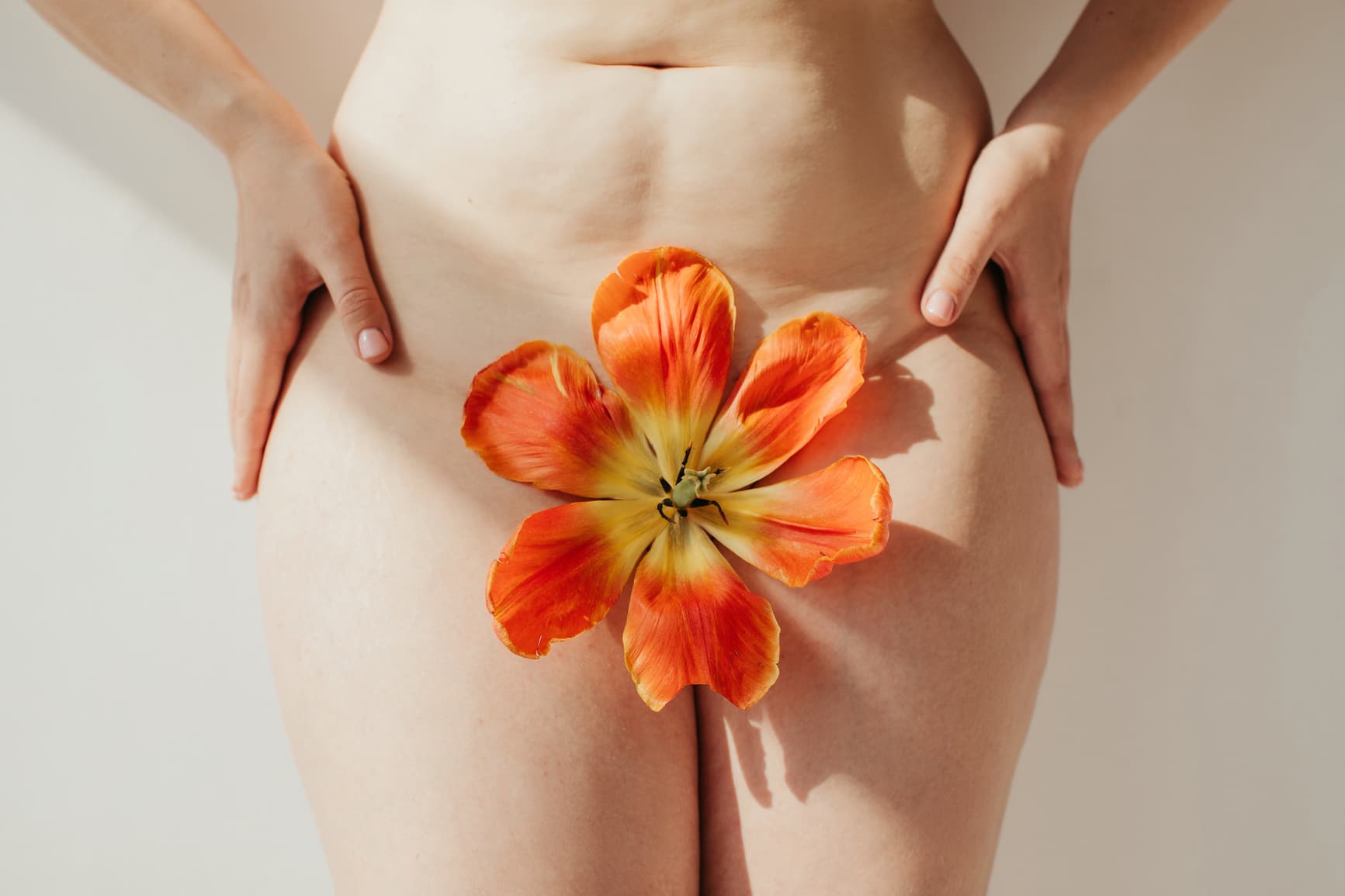This website will offer limited functionality in this browser. We only support the recent versions of major browsers like Chrome, Firefox, Safari, and Edge.

First of all, say it with me: Vulva and Vagina! If you are like (literally) billions of other people , you many not know that these are two different parts of your body! Learning the correct anatomy of your body and your Vs is the first step in being fully equipped to take care of your sexual health. If you want to learn more (or teach your partner:), we have a lesson about Vulvar and Vaginal anatomy in the Rosy app! You'll also learn how to take care of your vulva and vagina, and why your vagina may be itchy…which is why you’re here today.
Why is my Vulva Itchy?
Have you ever self-diagnosed yourself with a yeast infection? Chances are, it probably wasn’t yeast at all. In fact, a recent study found that only 11% of people correctly diagnose their own yeast infection. There are so many other causes of an itchy vulva to consider and knowing the difference could save you from making the problem worse.
7 Common Causes of an Itchy Vulva:
- Yeast Infection — irritation, discharge, and intense itchiness.
- Genital Warts — small, flesh-colored bumps that can cause pain, discomfort, and itching. These are caused by coming into contact with a person with low risk HPV.
- Eczema (Atopic Dermatitis)— usually a chronic skin condition where the skin's natural ability to retain moisture and protect from environmental triggers is decreased. This is thought to be caused by a combination of genetics, autoimmune factors, and environmental triggers.
- Contact Dermatitis — a rashy skin reaction from the vulva touching something to which it was sensitive.
- Irritant Contact Dermatitis — an immediate red, burning, itching skin reaction or rash to an irritant.
- Allergic Contact Dermatitis — a little more delayed but with similar symptoms: redness, irritation, itching, and a rash.
- Lichen Simplex Chronicus (LSC) — resulting from repeated rubbing, itching, and scratching of the skin.
- Lichen Sclerosus (LS) — thought to be an autoimmune skin disorder that primarily affects postmenopausal people with vulvas but can occasionally be seen in premenopausal people, too. It causes white patches and fusing of the folds of the vulva.
- Hormonal Changes - from things like pregnancy, birth control pills, menopause can cause your vulva to itch
The truth is, vulvas are very sensitive and are not like the rest of the skin on your body. If you’re experiencing an itchy vulva, it could be any number of the above mentioned causes but it could also just be a sign that you need treat your vulva more delicately. Our #1 tip for vulva care: less is more! Many products that you use on the rest of your body could be an irritant to your sensitive vulva.
What to do when you have any itchy vulva:
- Stop itching! I know, it’s hard but it create a vicious cycle that only worsens the problem
- Break out a mirror and look at your vulva. Try to pinpoint exactly where the itch is coming from and if you notice any skin changes
- Call your healthcare provider so you can receive a correct diagnosis and find a quicker path to the appropriate treatment.
Bottom line, itchy vulvas are more common than you might think, and the problem (and solution) could also be very different than you might think….and it definitely isn’t always a yeast infection. Let’s put self-diagnosing behind us and make education, awareness and self-care a top priority.
Knowledge is power! Learn more about how to care for your vulva and vagina in your personalized Wellness Plan. Learn more and start your journey to sexual wellness in the Rosy App today!
Latest On XOXO Blog

Foods That Love Your Heart Back: A Dietary Guide to Cardiovascular Wellness
What you eat every day has the power to strengthen your heart—or strain it. Here’s how to make every bite count.

Stress vs. Burnout: How to Spot the Difference and Recover
Feeling constantly exhausted, unmotivated, and overwhelmed? You might be dealing with more than just stress—burnout could be the culprit.


